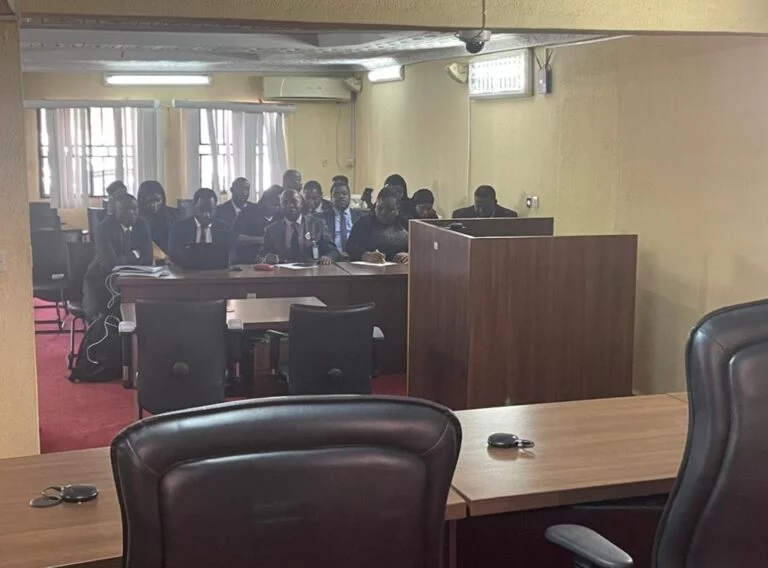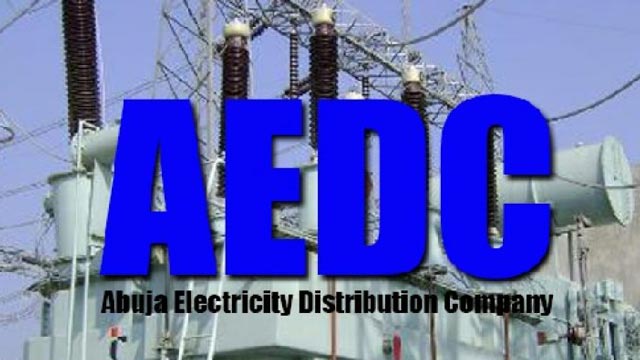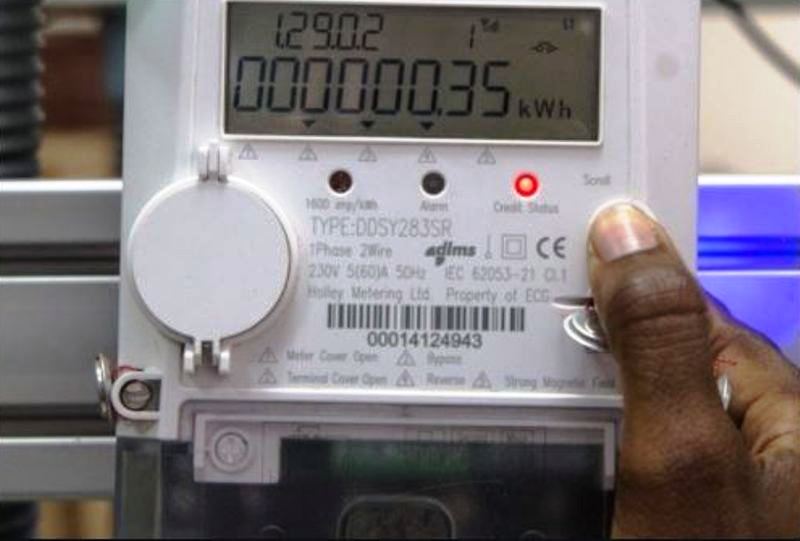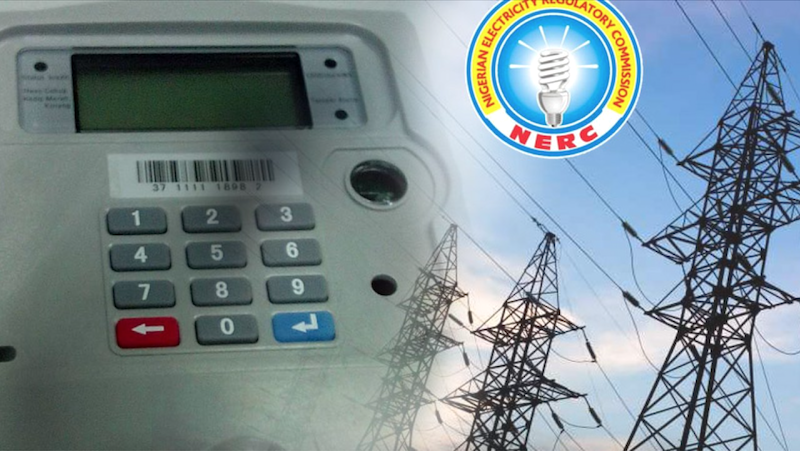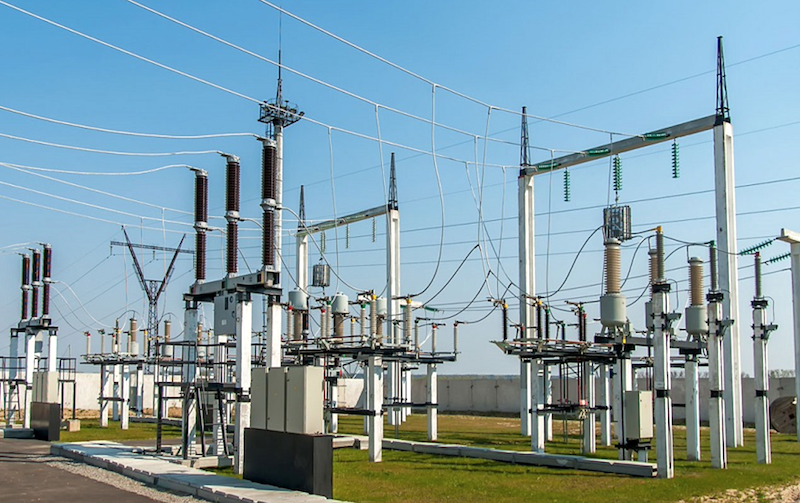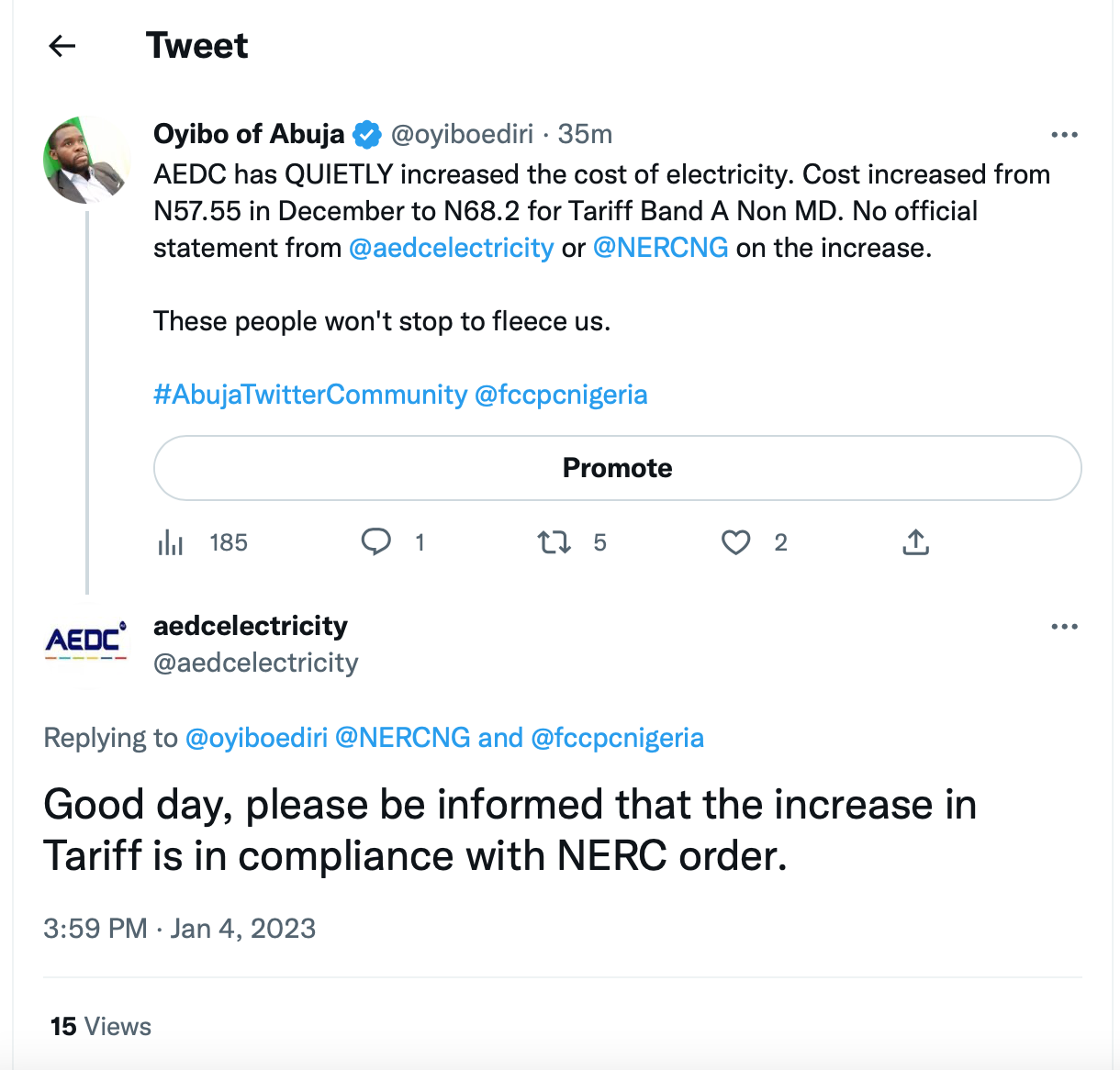The Tax Appeal Tribunal (TAT) sitting in Abuja, on Thursday, ordered the Abuja Electricity Distribution Company (AEDC) Ltd to pay the cumulative sum of N5.3 billion as value added tax (VAT) and withholding tax liability for the period between 2013 and 2017.
The five tax appeal commissioners, chaired by Hon. Alice Iriogbe in a judgment, held that the assessment of the VAT made by the Federal Inland Revenue Service (FIRS) on the company was valid and in accordance with the Value Added Tax Act (VATA).
The appellant, AEDC, had, in the appeal marked: TAT/ABJ/330/2024, sued the FIRS as sole respondent.
The FIRS, in conjunction with the Economic and Financial Crimes Commission (EFCC), had, in 2018, conducted a tax investigation on the appellant for the 2013-2017 years of assessment (YOA).
At the end of the investigation, a tax liability of N20, 163,668,697.00 (twenty billion, one hundred and sixty-three million, six hundred and sixty eight thousand, six hundred and ninety seven naira only) was established against the company.
The FIRS, therefore, conveyed the liability for the period to the AEDC vide a letter dated Sept. 21, 2018 but KPMG, on behalf of the company, was said to have objected to the assessments through a letter dated Nov. 1, 2018.
The company on Nov. 20, 2019, also appointed a consortium: Messrs Ascension Consulting Services Consortium authorised to reconcile its VAT matters in the ongoing tax investigation with the FIRS and EFCC.
In the said letter, it was stated that the reason for the appointment was because they handled the compliance aspect of the work and now “expressly authorised to discuss and conclude the matter.”
The tribunal, however, observed that during the oral testimony of the AEDC’s witness, Mr Martins Aroge, it was clear that KPMG (another tax consultant) was mandated to reconcile the appellant’s Withholding Tax (WHT) liability matters.
The FIRS, while giving its evidence, argued that the appellant, through its agents; Ascension Consulting Consortium and KPMG, held several reconciliation meetings with the respondent (FIRS) and came up with N4, 534,358,874.00 revised computations as their own reconciled liabilities for the company and N780, 307,078.00 as withholding tax (totalling N5, 314, 665, 952) through two letters dated March 24, 2021 and Sept. 10, 2021.
But the AEDC, dissatisfied with the assessment contained in the FIRS’ Notice of Refusal to Amend (NORA) dated Feb. 24, 2022, appealed against the federal agency’s decision.
Giving a three-ground of appeal, the electricity firm said the FIRS was wrong to have assessed the tax on the basis of an unauthorised representation by its agent and to have issued a VAT assessment of over N4.53 billion on the basis of a purported letter, instead of relying on the legal basis of the VAT Act, among others.
Delivering the judgement, the five-member panel held that the AEDC was bound by the action of its agents; Ascension Consulting Services Consortium (comprising of Ascension Consulting Services, TBS Professional Services and The Eminent Konsult) appointed to act on its behalf for reconciliation of VAT in respect of the tax investigation/reconciliation exercise.
“This honourable tribunal, therefore, compels the appellant to pay N4,534,358,874.00 (four billion, five hundred and thirty -four million, three hundred and fifty -eight thousand, eight hundred and seventy — four naira) only as VAT liability for 2013 – 2017 as contained in the Notice of Refusal to Amend (NORA) to the respondent (FIRS) forthwith.
“This honourable tribunal compels the appellant to pay the sum N780,307,078.00 (seven hundred and eighty million, three hundred and seventy-eight naira) only as withholding tax (WHT) liability for 2013 and 2016 as established by its consultant KPMG,” it ordered.
The tribunal also compelled AEDC to pay the sum of N100.000 pending cost awarded in favour of the FIRS in the course of the proceeding.
According to the tribunal, the appellant is also liable to interest on the judgement sum at the prevailing CBN rediscount rate from the date of judgement until the judgement debt is liquidated.
“This is the judgement of this honourable tribunal,” it declared.
NAN reports that other members of the tribunal include Hon Ishola Akintoye, Hon Ajayi Julius-Bamidele, Hon Nasir Kuliya and Hon Almustapha Aliyu
